Curcuminoids
Turmeric is a medicinal herb that Thais have used for centuries. Curcuma longa Linn is its scientific name. It is often used as food or as herbal medicine. South Asian nations that have it include India, Nepal, Indonesia, Malaysia, and Thailand. Turmeric may be farmed throughout Thailand, including Surat Thani. Nakhon Si Thammarat, Phang Nga, Phatthalung, Kanchanaburi, and Nakhon Ratchasima are some of the provinces of Thailand. Is a plant of the Zingiberaceae family as well as the ginger family. It was once used to treat cat bites and stings. Indigestion relief Apply to the skin to smooth and soften it or combine them to create colourful cuisine. The main chemicals in turmeric include essential oils (Essential oil) and curcuminoids (Curcuminoids), whereby curcumin compounds in turmeric can be split into three categories, including curcumin (Curcumin) at 76 percent, detoxifying. Curcumin (Demethoxycurcumin) possesses a wide spectrum of biological activity, including free radical resistance (Anti-oxidation), anti-cancer (Anti-cancer), anti-inflammatory (Anti-inflammatory), antibacterial (Anti-bacterial), and anti-viral action (Anti-viral). Turmeric is now utilised in a variety of goods including food, nutritional supplements, herbal medications, and cosmetics. Turmeric is consumed in around 98 percent of the country, with approximately 2 percent exported to the United States and Japan in the form of turmeric oil.
Curcuminoids from turmeric in the Cosmetic industry
Curcuminoids contain antioxidant (anti-oxidant) and anti-inflammatory (anti-inflammatory activity) qualities that can effectively decrease inflammation, allergic responses, itchy rashes, and red rashes, whether acute or chronic inflammation. Can suppress the generation of Leukotriene B4, which causes inflammation, as well as limit the buildup of germs (Anti-bacterial), both gram-negative and gram-positive are beneficial. Turmeric extract is now widely used in anti-aging and anti-wrinkle treatments.
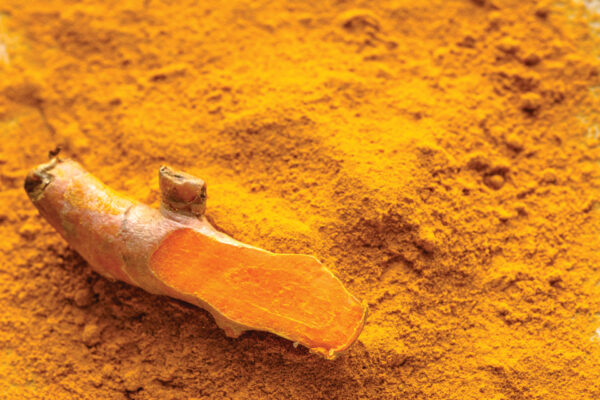
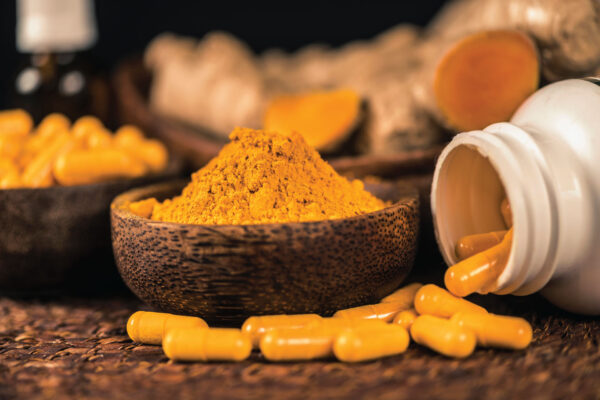
Curcuminoids from turmeric in the Food supplement industry
Curcuminoids from turmeric have anti-cancer action in both vitro and in vivo, including liver cancer, discomfort in the stomach and cervix without causing harm to patients, and has the impact of reducing Oxidative Stress, which will aid in Alzheimer’s disease. Relieve indigestion symptoms Turmeric is now on the National Committee on Medicine’s list of essential medications.
Properties of Turmeric extract
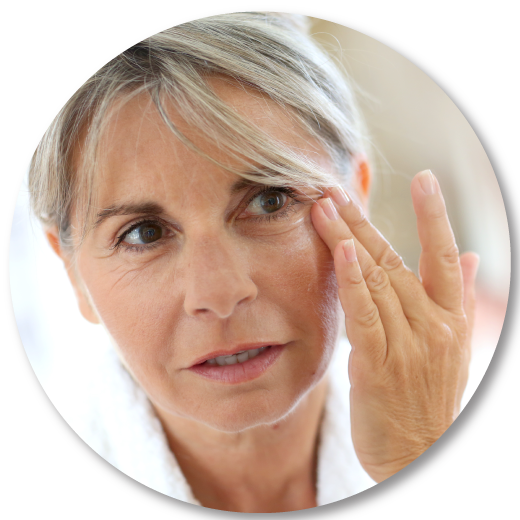
Anti-aging
Restore skin health, reduce wrinkles, slow down the skin to look younger.
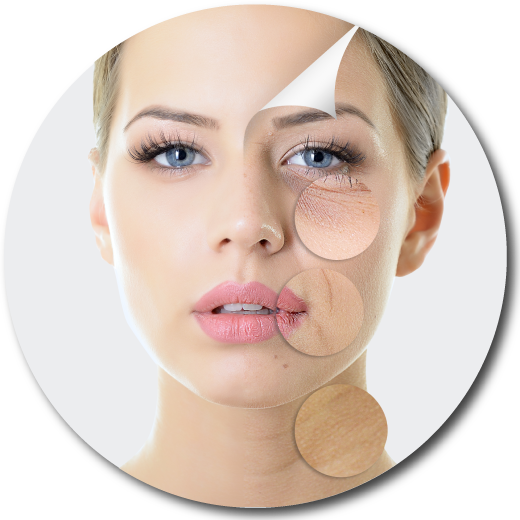
Anti-wrinkle
Solve the problem of wrinkles

Flatulence
Solve the problem of flatulence and indigestion
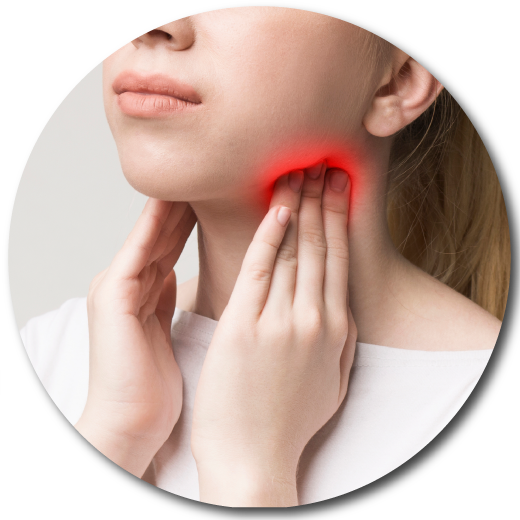
Anti-inflammatory
Pain relief anti-inflammatory
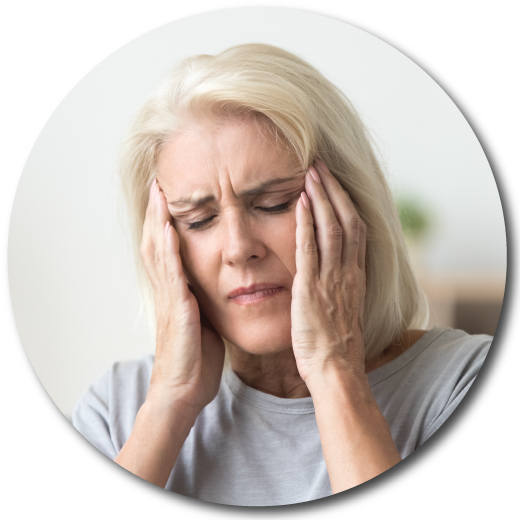
Anti-Alzheimer’s
Improve memory, nourish the brain, prevent Alzheimer’s
Further development of research on curcuminoids from turmeric
Curcuminoids derived from turmeric can be studied further to improve the stability of key compounds and to utilized technology to keep active chemicals in products. In the development of research and natural extracts, TIBD now collaborates with major research institutes both locally and abroad, such as Japan and Brazil. However, if you are interested in co-investing in the form of research development, commercial patent development, or continuing to make product formulae under your brand, you may contact the firm through any method.
Reference
Araujo, C. A. C., and L. L. Leon. “Biological activities of Curcuma longa L.” Memórias do Instituto Oswaldo Cruz 96 (2001): 723-728.
Niranjan, Abhishek, and Dhan Prakash. “Chemical constituents and biological activities of turmeric (Curcuma longa L.)-A review.” Journal of food Science and technology 45.2 (2008): 109.
Verma, Rahul Kumar, et al. “Medicinal properties of turmeric (Curcuma longa L.): A review.” Int. J. Chem. Stud 6.4 (2018): 1354-1357.
Amalraj, Augustine, et al. “Biological activities of curcuminoids, other biomolecules from turmeric and their derivatives–A review.” Journal of traditional and complementary medicine 7.2 (2017): 205-233.


